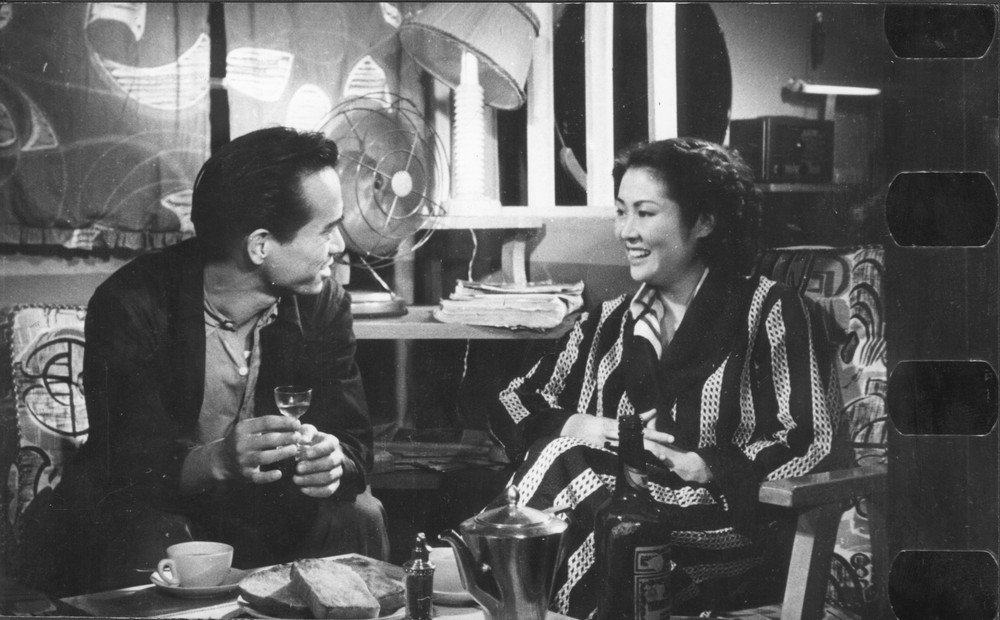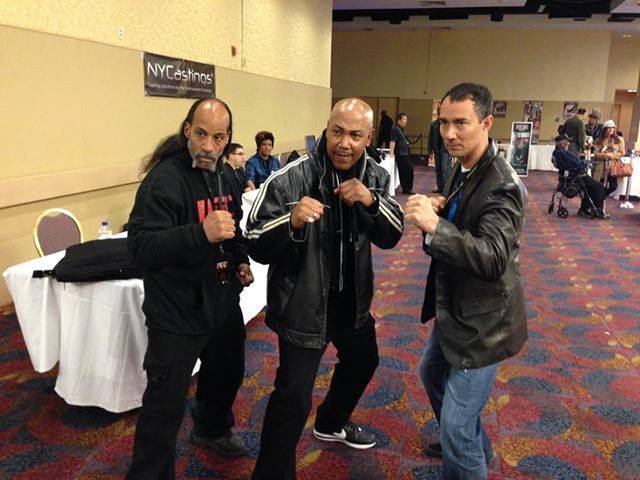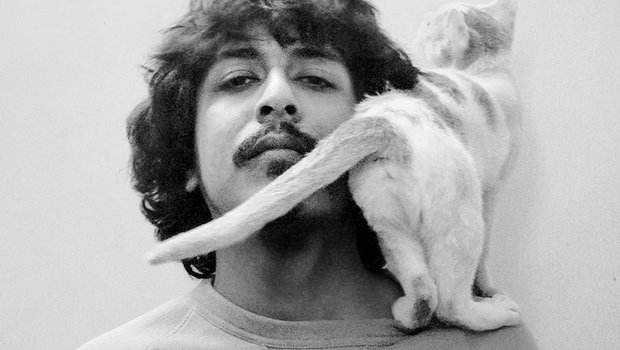Even the simplest of stories, with the most mundane and unexciting premises, can still feel like epic tales if told with the right attention and understanding of the character's struggle. Take Abbas Kiarostami's classic “Where is the Friend's House” , the first installment in the Koker Trilogy which brought the director international acclaim.
Ahmed takes his friend's, Mohammad's, notebook by mistake after they finish classes in their primary school. The error can have consequences of life-changing proportions for one of the boys. If Mohammad does not come to school on the next day with his homework finished, he will be expelled from it. Ahmed thus embarks on a mission to save his classmate and protect his future. The problem? He does not now where his colleague exactly lives, and has to rely on the help of other villagers. What follows is the most frustratingly-satisfying tale about a McGuffin search. The Iranian director, with his eye for visual humor, blocking and pacing manages to create a captivating tale only some of the best adventure movies could match.
Yet, “Where is the Friend's House” is not just entertaining on the pure storytelling level. Kiarostami's focus on the ways in which humans relate to one another, and how bad adults are at listening to children, elevates the film. Its road movie structure, sparse symbolism and dialogues are subtly illustrating the divide between Mohammad and adults. The characters he encounters are all happy to lecture the boy and flood him with various tasks and witticisms. Unable to understand the gravity of the protagonist's situation, they continuously create different hurdles for him. In this “Le Petit Prince” à rebours Mohammad rather than learning something from the characters he encounters, has to stick to his guns and seek the truth on his own.
Brilliantly simple dramaturgically, and complex morally, “Where is the Friend's House” is one of Kiarostami's finest works. It captures the frustrations of not being understood or heard by the world, by simultaneously being a tale about the importance of a moral compass in shaping ones assertiveness.















